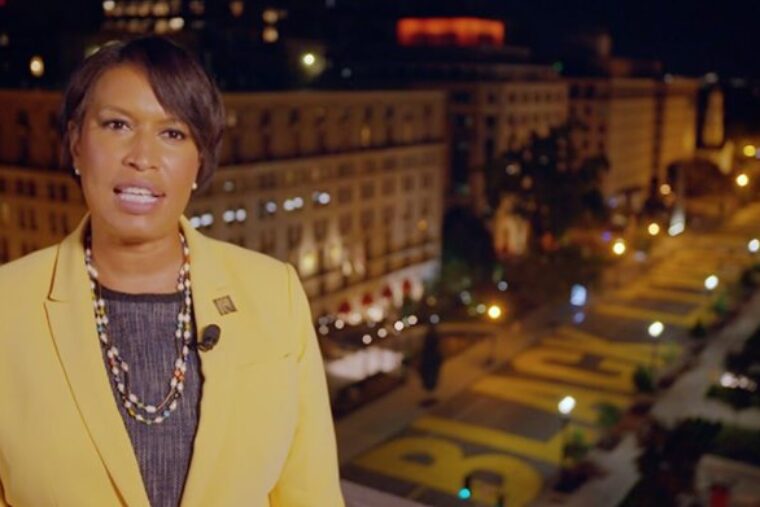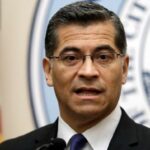“Why do progressives who worry about unequal justice support policies that are bound to make that problem worse?”
An anti-gun initiative in Washington, D.C., that was backed by Mayor Muriel Bowser is attracting criticism because it has focused on predominantly black parts of the city. The controversy over the program, which prosecutes residents for violating the federal ban on firearm possession by people with felony records, illustrates the tension between two major items on the progressive agenda: strengthening gun control and reducing racial disparities in law enforcement. Those goals are hard to reconcile because enforcing firearm laws has a disproportionate impact on African Americans.
Originally that was by design. Modern gun control laws have their roots in Southern states’ efforts to disarm freedmen, depriving them of a constitutional right that Chief Justice Roger Taney, author of the Supreme Court’s infamous 1857 decision in Dred Scott v. Sandford, warned black people would enjoy if they were recognized as citizens.
More recently, fear of armed black men has driven white politicians to support new gun restrictions. California’s Mulford Act, a 1967 law backed by then-Gov. Ronald Reagan (and the National Rifle Association), responded to the rise of the Black Panthers by banning the open carrying of loaded firearms. According to The Saturday Night Special, a 1973 book by investigative journalist Robert Sherrill, the federal Gun Control Act of 1968, passed at a time when politicians were alarmed by urban riots, aimed to “shut off weapons access to blacks, and since [legislators] probably associated cheap guns with ghetto blacks and thought cheapness was peculiarly the characteristic of imported military surplus and the mail-order traffic, they decided to cut off these sources while leaving over-the-counter purchases open to the affluent.”
By JACOB SULLUM



